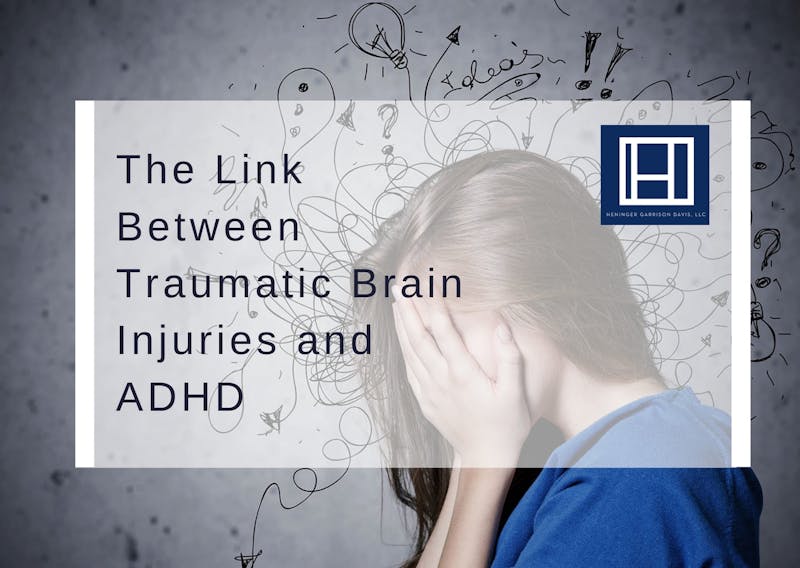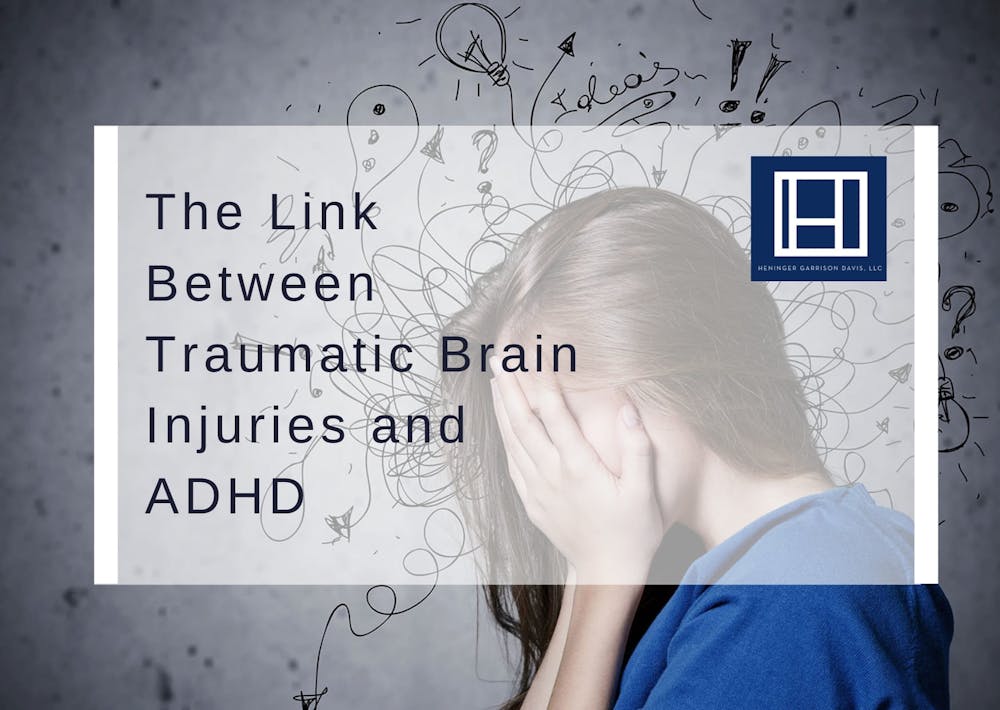

Researchers are only beginning to fully understand the long-term consequences of traumatic brain injuries (TBIs). A moderate to severe TBI can cause lasting physical, cognitive, and emotional symptoms that last for days, weeks, months, or over a person’s life. A recent study has found that even mild traumatic injuries increase a person’s risk of ADHD. Living with ADHD can disrupt a child’s education, emotional development, peer interaction, and home and family life.
ADHD and TBI
A recent study followed 187 children who had been hospitalized overnight because of a traumatic brain injury. All of the children studied were between the ages of 3 and 7 years old. The researchers followed up with the participants for multiple years, and parents also completed questionnaires regarding their child’s development and behavior. The study results show us that the ongoing effects of a traumatic brain injury could extend well beyond the injury.
Even six years after the children experience their traumatic brain injuries, they were more likely to have ADHD diagnoses than the control group. The study found that 62% of those children who experienced a TBI developed ADHD compared to only 15% of children who did not sustain a TBI. Another study compared ADHD symptoms in children who had sustained a TBI injury to children who did not have a TBI injury. Researchers found that only children who did not sustain a TBI had a higher genetic risk score for ADHD. Genetics may only play a small role in ADHD risk for children who do not have a TBI.
Schedule a Free Legal Consultation Contact Us
A TBI Can CauseLasting Changes to a Child’s Brain
All of this recent research shows us that TBI injuries can result in a change to Children’s brains that increases the risk of ADHD. Researchers have found that individuals affected by ADHD and TBI share similarities in their brains’ structures. However, there are differences between those with genetic ADHD and TBI-related ADHD. These differences have caused some researchers to speculate that TBI related ADHD could be a unique type of medical condition.
TBI-Related Lawsuits
More research is needed to understand the relationship between brain injuries and ADHD. What we do know, however, is that there is a link between TBI injuries and ADHD. If your child has sustained a traumatic brain injury, or you may have noticed symptoms of ADHD. Perhaps a medical doctor has even diagnosed your child with ADHD. Your child’s brain injury may have contributed to his or her ADHD diagnosis. Living with ADHD can be difficult for a child and his or her family members.
If your child sustained a TBI due to an accident, you might be entitled to damages through a personal injury lawsuit. Most TBI injuries are caused by accidents of some sort, such as slip and fall accidents, motor vehicle crashes, sports injuries, or being struck by an object. Sadly, child abuse is another common cause of traumatic brain injuries in children under the age of 4. In all of these cases, another person’s negligence or recklessness may have caused the accident that resulted in your child’s traumatic brain injury.
For example, if an intoxicated driver collided with you and caused your child’s traumatic brain injury, the driver is liable for expenses related to your child’s brain injury. Similarly, if another person caused your child’s traumatic brain injury directly through abuse or assault, that person is liable for the expenses related to your childhood.
The first step in bringing a personal injury lawsuit related to your child’s traumatic brain injury is determining who is at fault, or liable, for the accident. Your attorney will be able to evaluate the facts in your case to determine who is at fault. In some cases, a driver is at fault. In other cases, a school or business is at fault for negligent hiring employees or failing to use safe practices in their businesses.
Contact an Alabama TBI Accident Lawyer Today
If your child has been diagnosed with ADHD due to a traumatic brain injury, we recommend speaking to an experienced lawyer. Depending on the facts of your case, you may have a right to bring a lawsuit against the at-fault party.
Coping with traumatic brain injuries and ADHD symptoms can be challenging and require significant medical and therapeutic treatment. Securing compensation through a lawsuit can help you and your family tremendously. Contact the experienced personal injury lawyers at Heninger Garrison Davis today to schedule your free initial consultation.

